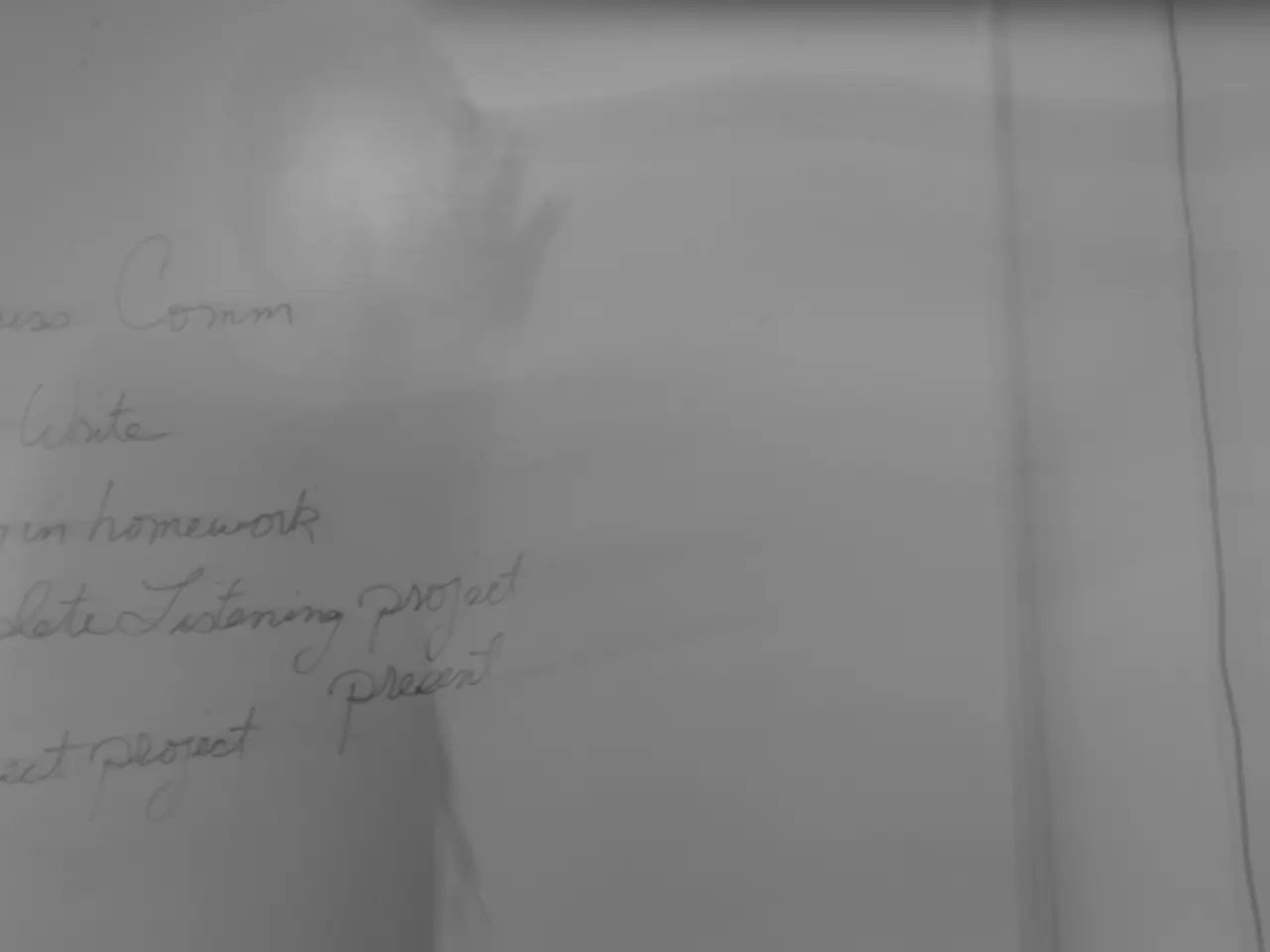DIW Proposes 'Boomer Solidarity Tax' to Ease Germany's Pension Crisis
Germany's pension system is facing a crisis due to an aging society. Marcel Fratzscher, president of the German Institute for Economic Research (DIW), has proposed a 'boomer solidarity tax' to ease the strain. The plan includes a 10% levy on pension incomes over €1,000 for baby boomers, sparking debate among experts and organizations.
The old-age dependency ratio is projected to rise significantly, from 0.33 today to 0.42 by 2035, as large baby-boom cohorts gradually retire. This demographic shift is putting pressure on the pension system, which is already structurally underfunded, according to the German Trade Union Confederation (DGB).
Fratzscher's proposal aims to shift more responsibility onto the baby-boom generation. The funds collected would flow into a special reserve to combat old-age poverty. However, the Taxpayers’ Association of Germany (BdSt) and the German Economic Institute (IW) have rejected the proposal, arguing that it disproportionately burdens pensioners.
Monika Schnitzer, chair of the German Council of Economic Experts, praised the idea of a 'boomer solidarity surcharge', suggesting it could be a viable solution to the pension crisis. By 2060, there could be 63 to 67 pensioners for every 100 contributors, highlighting the urgent need for reform.
The debate surrounding Fratzscher's 'boomer solidarity tax' reflects the growing concern over Germany's pension system. As the population ages, finding a sustainable solution to fund pensions will be crucial. While the DIW's proposal has sparked controversy, it has also brought the issue to the forefront, encouraging further discussion and potential reforms.
Read also:
- American teenagers taking up farming roles previously filled by immigrants, a concept revisited from 1965's labor market shift.
- Weekly affairs in the German Federal Parliament (Bundestag)
- Landslide claims seven lives, injures six individuals while they work to restore a water channel in the northern region of Pakistan
- Escalating conflict in Sudan has prompted the United Nations to announce a critical gender crisis, highlighting the disproportionate impact of the ongoing violence on women and girls.






